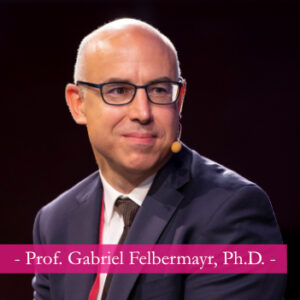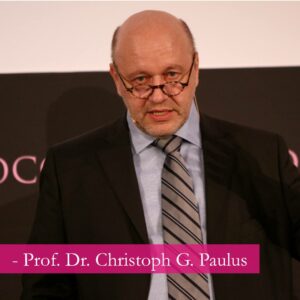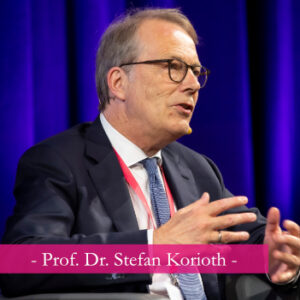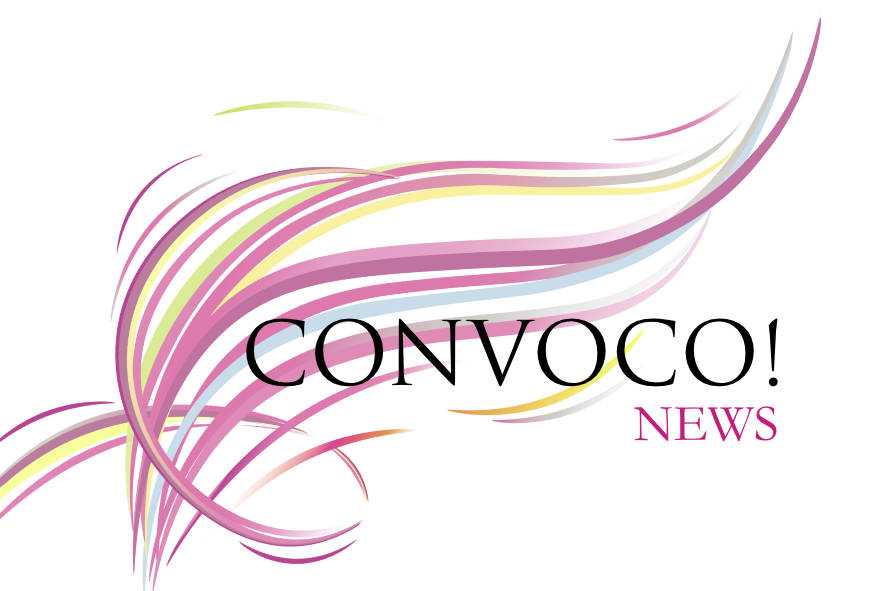At this year’s C! Forum, we asked our participants questions on the topic of freedom. Here are their answers.

Does free trade still have a future?
Free trade does indeed have a future, because it helps us to tackle humanity’s big challenges, e.g. climate change. If we address this issue globally using tariffs or barriers to the movement of capital and people, then the solutions become more difficult. We have to cooperate, and the fewer barriers we have between countries, the more likely we are to succeed in mastering today’s challenges. That’s why I’m optimistic. In the short term, however, things don’t look so great for free trade. Barriers are likely to increase; populist currents are becoming stronger.

Is it enough to regulate the big tech companies, as planned by the EU, or do they need to be broken up?
With the Digital Markets Act, the EU plans to establish new rules for the so-called gatekeeper platforms. The idea is to ensure that there is more competition in the market, for example by allowing portability of data or interoperability of platforms.
(…) But are these rules really sufficient? Anti-trust proceedings to force platforms to compete more have not always been successful. Thus, we could think about whether it might not be necessary to break up platforms. In the Digital Markets Act this is only a last resort. One advantage of breaking up a company is that it saves the very costly regulation and the necessary monitoring. In the case of the breakup of AT&T in 1984 we saw positive effects. There was a tremendous boom in innovation. Breakups would definitely be a remedy to consider – particularly given that political power of companies could be limited this way.

Should politics be subject to long-term rules, or is more freedom of choice desirable?
The crisis caused by the pandemic has led to a demand for burden sharing, i.e. that those who have benefited most from the crisis should be called upon to bear most of its costs. There is also the demand that the patent protection of vaccines be lifted. Both of these demands are dangerous, because they undermine the confidence of market players in their investments. If people know that patent protection can be cancelled in the future, it will be much more difficult to motivate people to keep innovating, and innovation increases the prosperity of society.

Given the conflict between China and the US, what is the state of Europe’s freedom?
China has set itself the goal of becoming the leading world power by 2049. The US wants to remain the leading world power. In this conflict, Europe must play a role. Europe can only maintain its model of freedom if we act together as one in the world, and this against the background that we are becoming demographically fewer and economically weaker.
We must present a united front to the world in the areas of trade, investment protection, defense and security, digitalization and innovation—including on the issues of the Energy Union and the fight against climate change. If Europeans understand that and don’t allow themselves to be divided—some following China, others the US—then we can preserve freedom in Europe.

How important is freedom as a narrative for Europe?
Freedom is very important for Europe’s narrative, but I would like to make a small caveat: Freedom should not be the sole core of the narrative, because that has something confessional, and thereby it loses credibility. Freedom should be added to something else: the freedom to be different, following Europe’s motto “united in diversity”. This connection between diversity and freedom is most important to me.

Is democracy a guarantor of freedom, or is it becoming its threat?
In a democracy, a free society organizes itself. It creates autonomy in collective decisions, and that goes well with individual freedom. However, democracy means above all majority decision-making. Majority decisions can endanger the exercise of freedom of minorities. Precautions must be taken against this.
Fundamental rights serve this purpose. First, they are not subject to the majority principle; rather, they can be rights to be different from the majority. Second, democratic procedural rules must be observed in decision-making. It is now also recognized that certain issues may not be decided by majority vote, e.g. extensive forms of national debt that place a burden on future generations and thus impair their freedom. We must balance freedom and democracy in this way, then they go well together.

